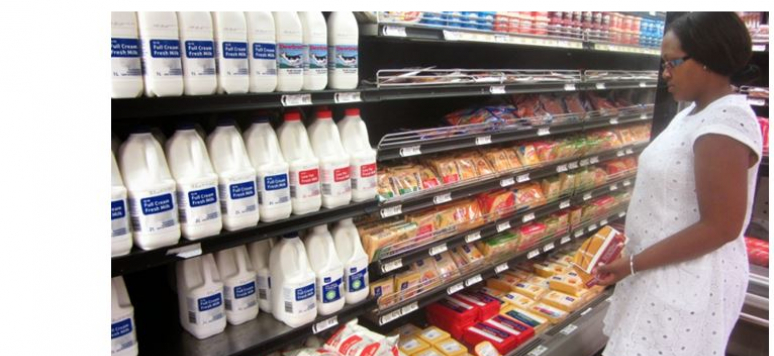Notes de l'Ifri - Identifying the Middle Classes: Diversity, Specificities and Consumption Practices Under Pressure Notes de l'Ifri, December 2015

The international viewpoint on the African continent has profoundly changed in the last decade. Images advertised by the media drifted from afro-pessimism - the sad fate of Africa (wars and poverty) - to afro-optimism - a brighter future for the continent.
Today's economic achievements foster a global but limited enrichment of people in Africa, and the number of households benefitting from a discretionary income is likely to increase from 50% in the next 10 years to reach 128 million. The African Development Bank (AfDB) has published a report claiming that 300 million Africans now belong to the middle class; that is 1 person out of 3 on the continent. This declaration has been followed by a real infatuation for these so-called "African middle classes" [1] [1]. They have become a classic reference of investment consultancy firms, economic and financial magazines, international organisations of development. They seem to foresee in the emergence of these middle classes the premises of a virtuous cycle of growth and development.
[1]. African Development Bank (AfDB), The Middle of the Pyramid: Dynamics of the Middle Class in Africa, avril 2011.
